The assassination on Wednesday night (August 9), less than two weeks before the election, sent shock waves across the South American nation, forcing some candidates to suspend their campaigns and bringing the issue of rising violence to the forefront of the election campaign.
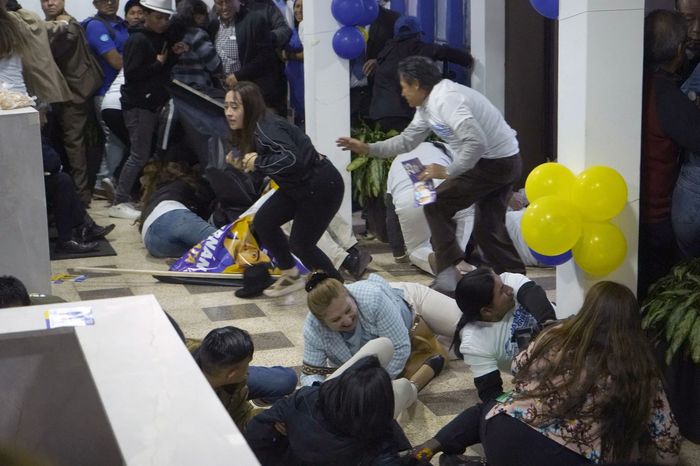
Video footage shows people running for cover as the suspect opened fire and killed Mr. Villavicencio. Photo: WSJ
Villavicencio, a vocal critic of corruption and organized crime, was shot dead as he left an evening campaign event at an educational facility in northern Quito.
The Ecuadorian Attorney General's office said the suspect died of injuries sustained in a shootout with police. Nine others, including a legislative candidate and two police officers, were injured.
Ecuadorian authorities said the gunman had been arrested on weapons charges in July, adding that six other accomplices were in custody. They all belonged to organized crime groups and were all Colombian, the police press office confirmed Thursday afternoon.
“The national police have now arrested the first alleged masterminds of this heinous event and will use all their investigative capabilities to uncover the motives of this crime and track down the real ringleaders,” Interior Minister Juan Zapata told journalists.
The involvement of Colombian suspects in this assassination is reminiscent of the 2021 assassination of Haitian President Jovenel Moise, who was assassinated in his home by a group that included 26 Colombians and two Haitian-Americans.
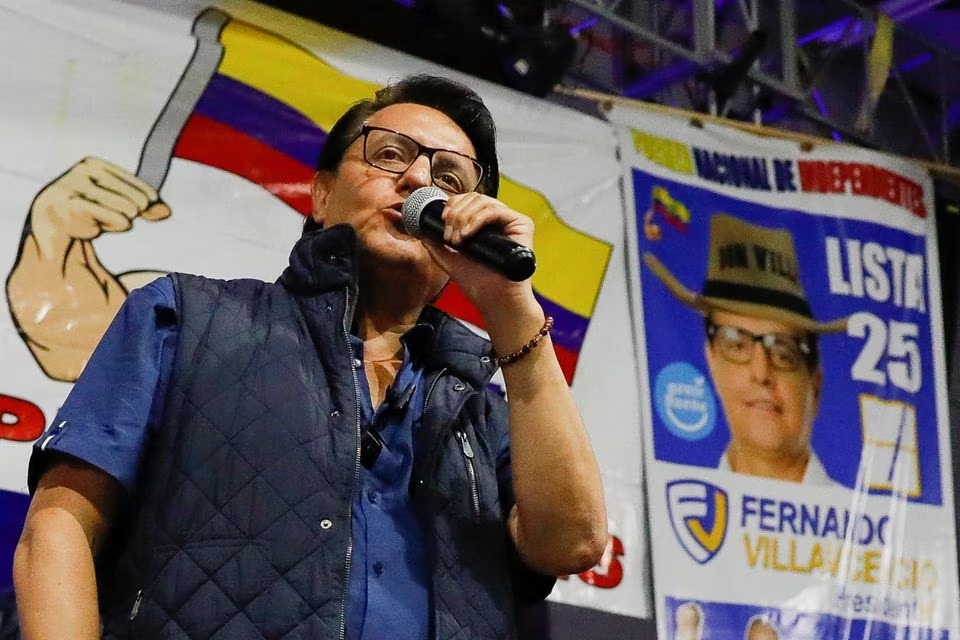
Fernando Villavicencio speaks during a campaign rally in Quito, Ecuador on August 9. Photo: Reuters
Ecuador's President Guillermo Lasso said the crime was clearly an attempt to sabotage the election, but the vote would still go ahead as planned on August 20, despite a state of national emergency.
Mr Lasso, who has declared three days of mourning, said on Thursday he had asked the US Federal Bureau of Investigation for help in the investigation and a delegation would arrive in the country in the coming hours. The FBI confirmed it was assisting.
Violence in Ecuador has been on the rise in recent years, especially in cities along drug trafficking routes like Guayaquil and Esmeraldas, where residents say they live in fear. Several Latin American countries have faced similar problems since the COVID pandemic.
Ecuador's Defense Minister Luis Lara told journalists that armed forces have been deployed across the country and will remain deployed until the end of the electoral process.
Mr Villavicencio was sentenced to 18 months in prison for his statements against former President Rafael Correa, but he fled to indigenous territory in Ecuador and was granted asylum in Peru. He later returned to his country when Mr Correa left office.
Huy Hoang (according to Reuters)
Source


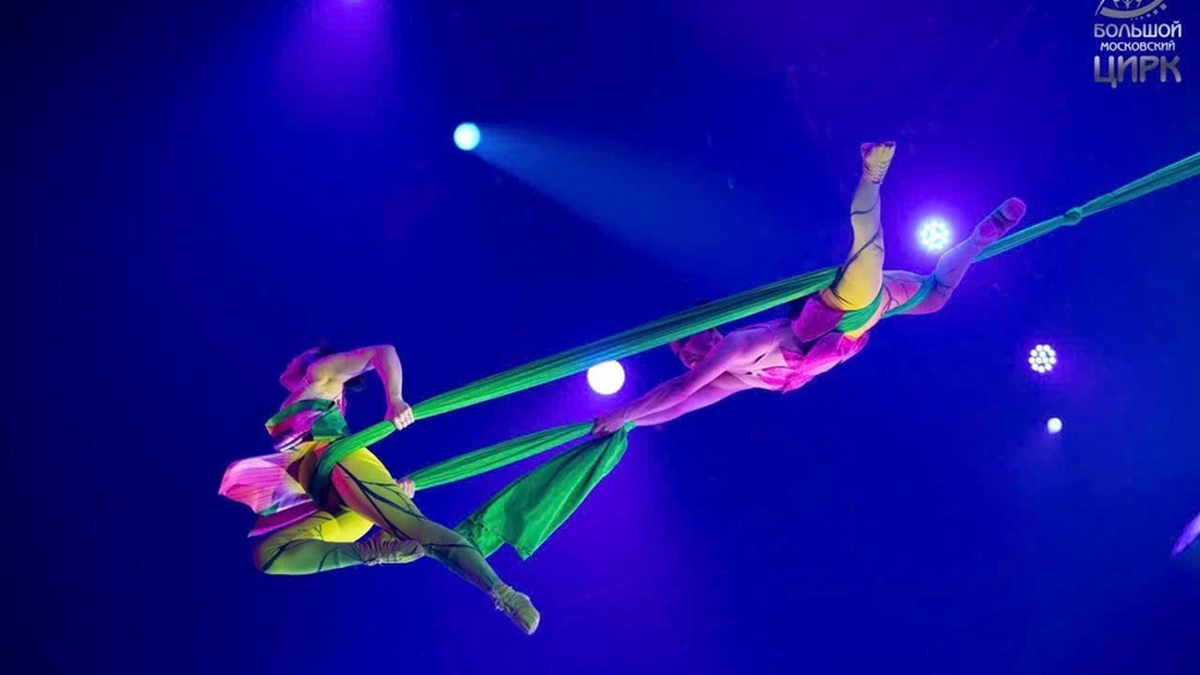
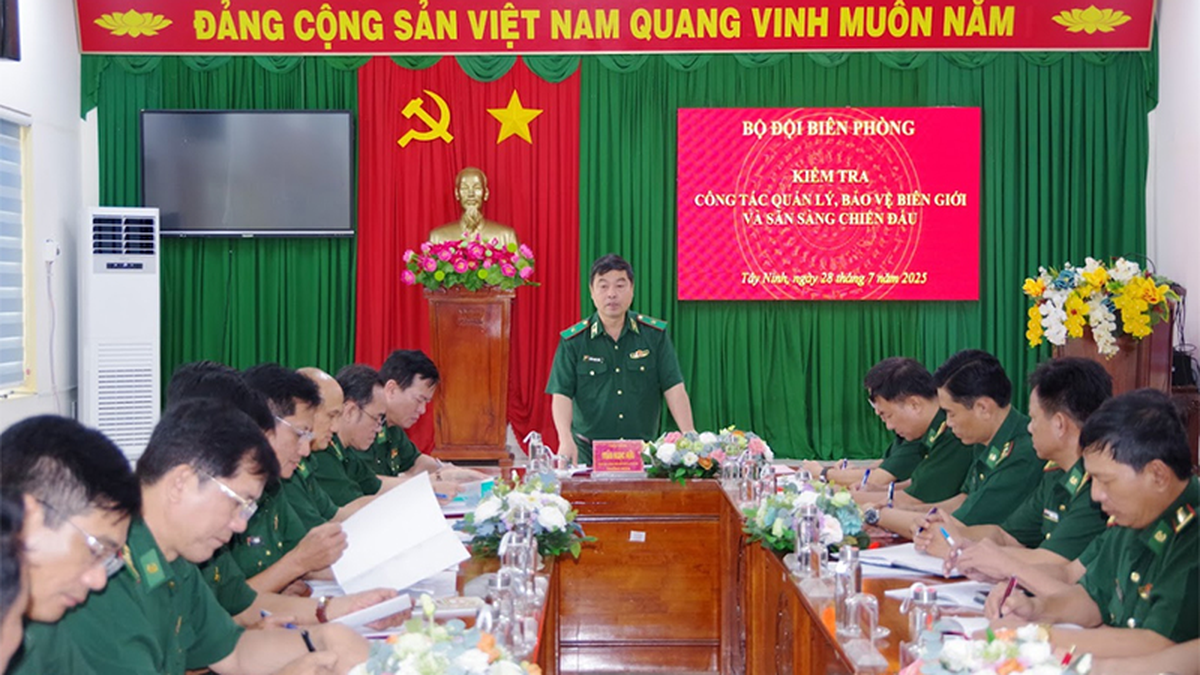
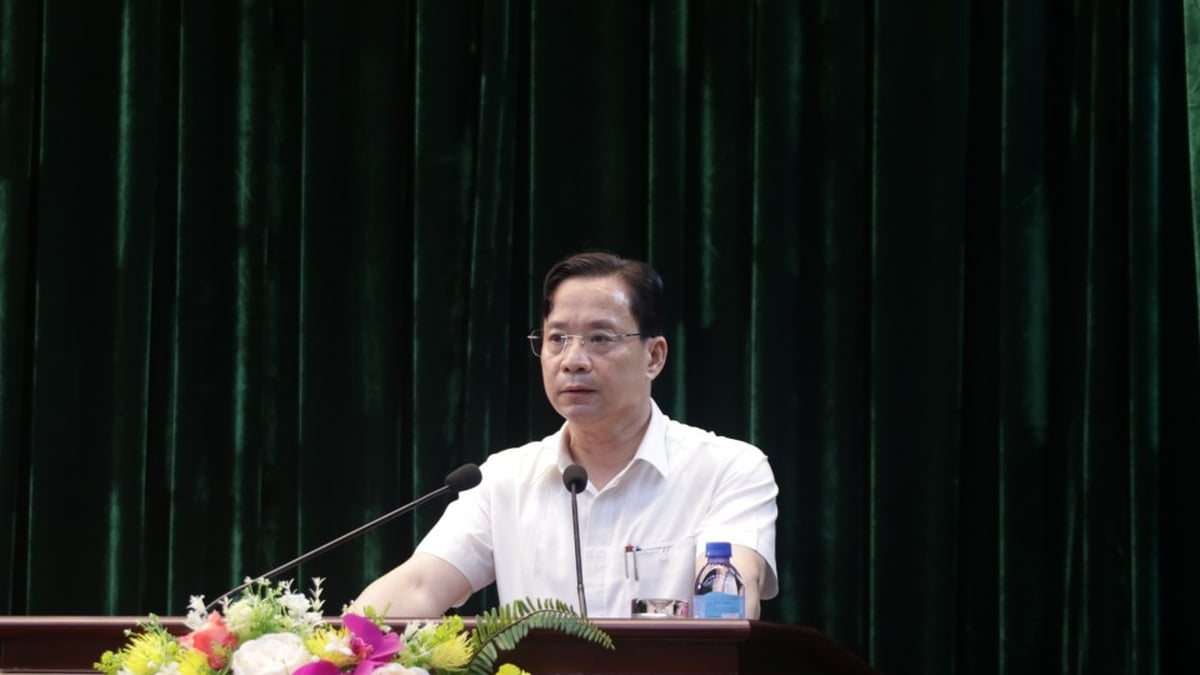
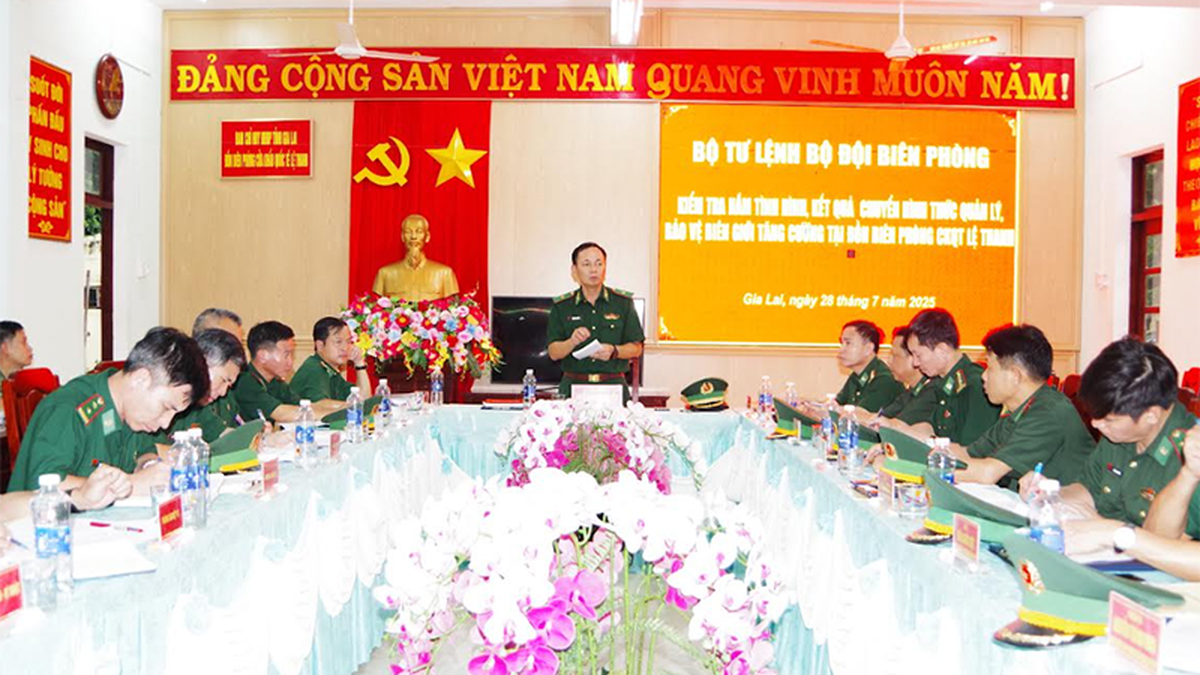

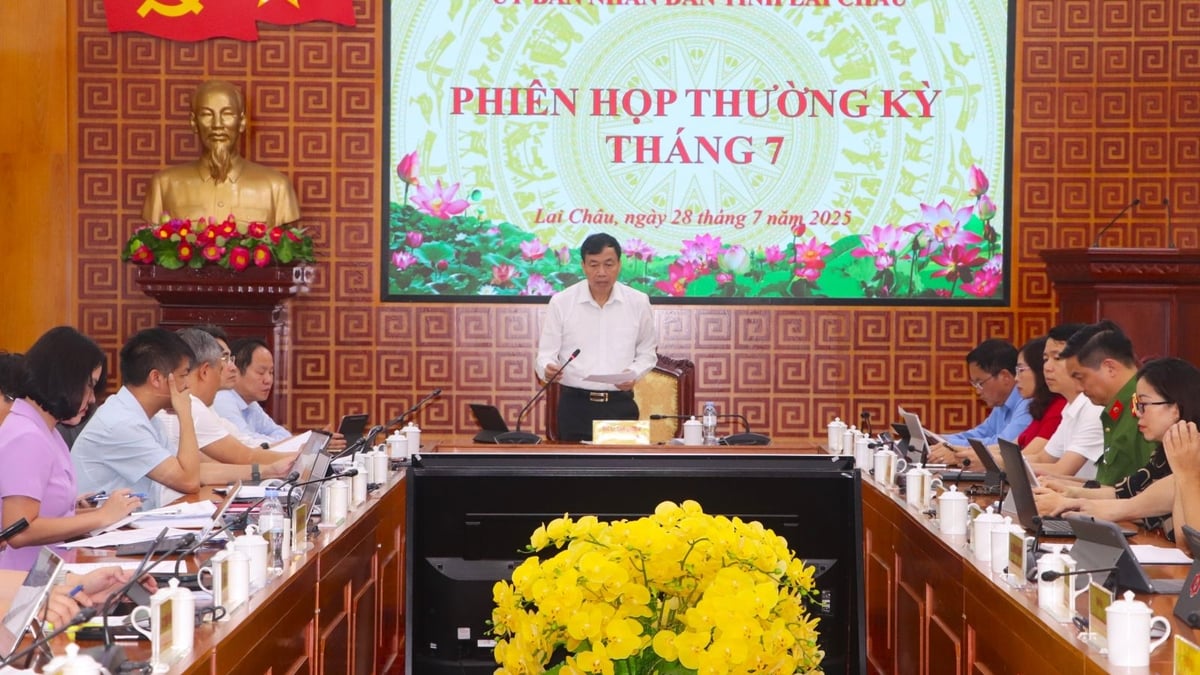
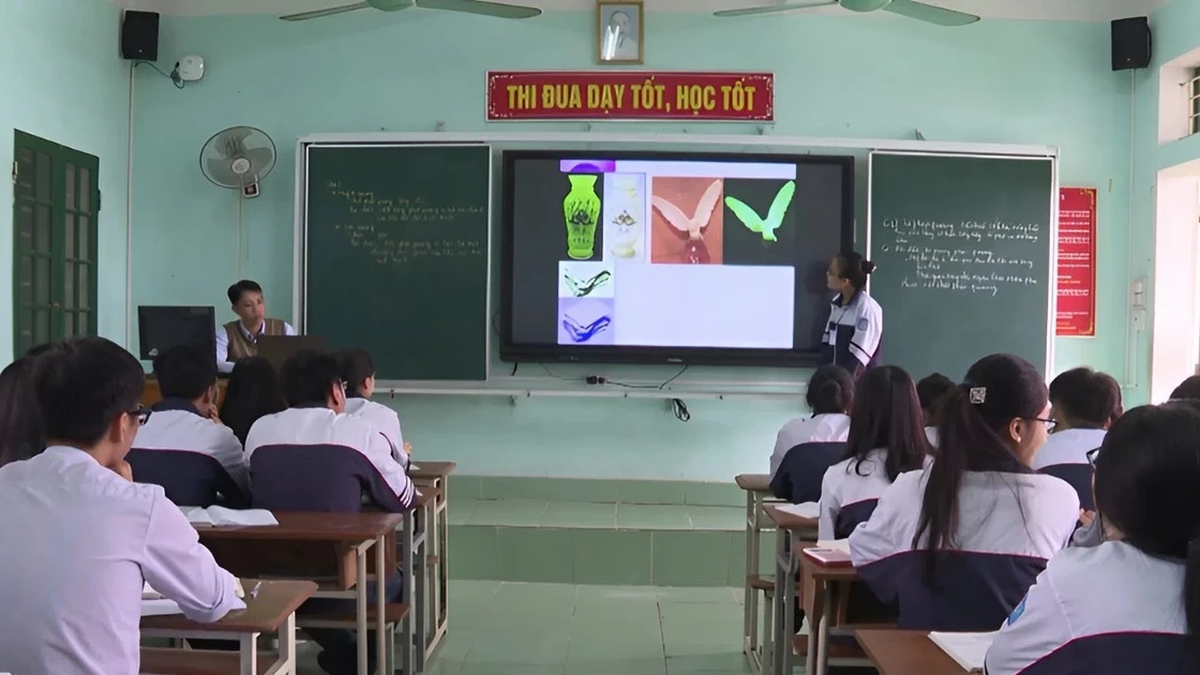
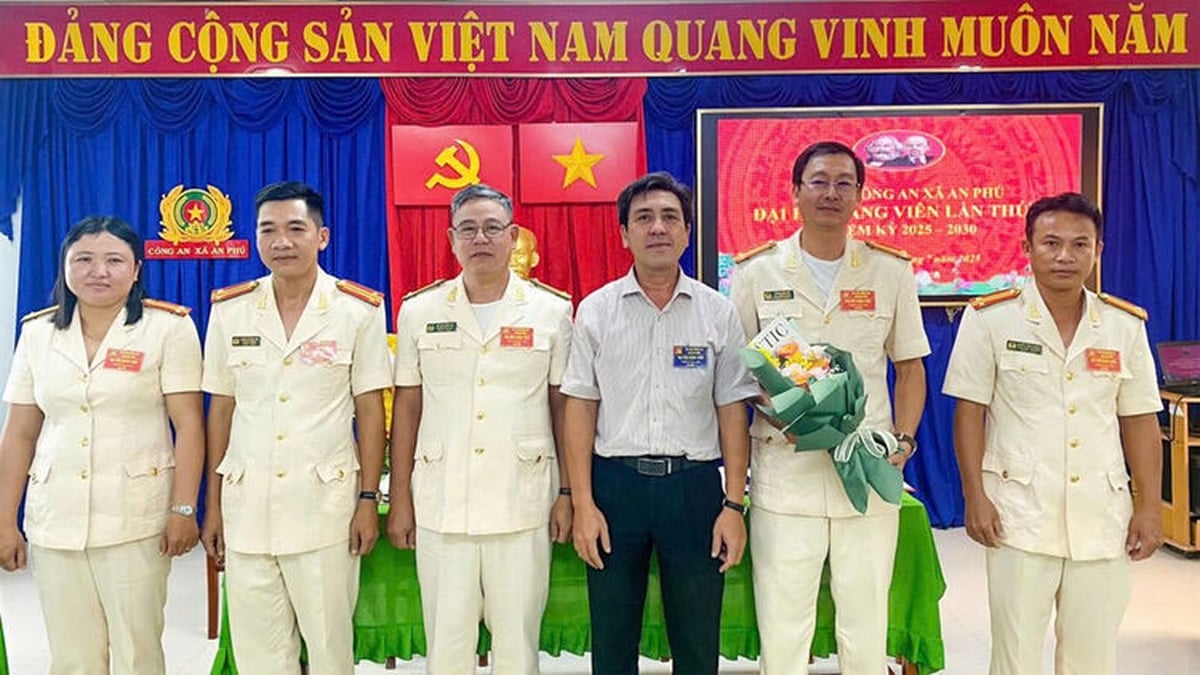
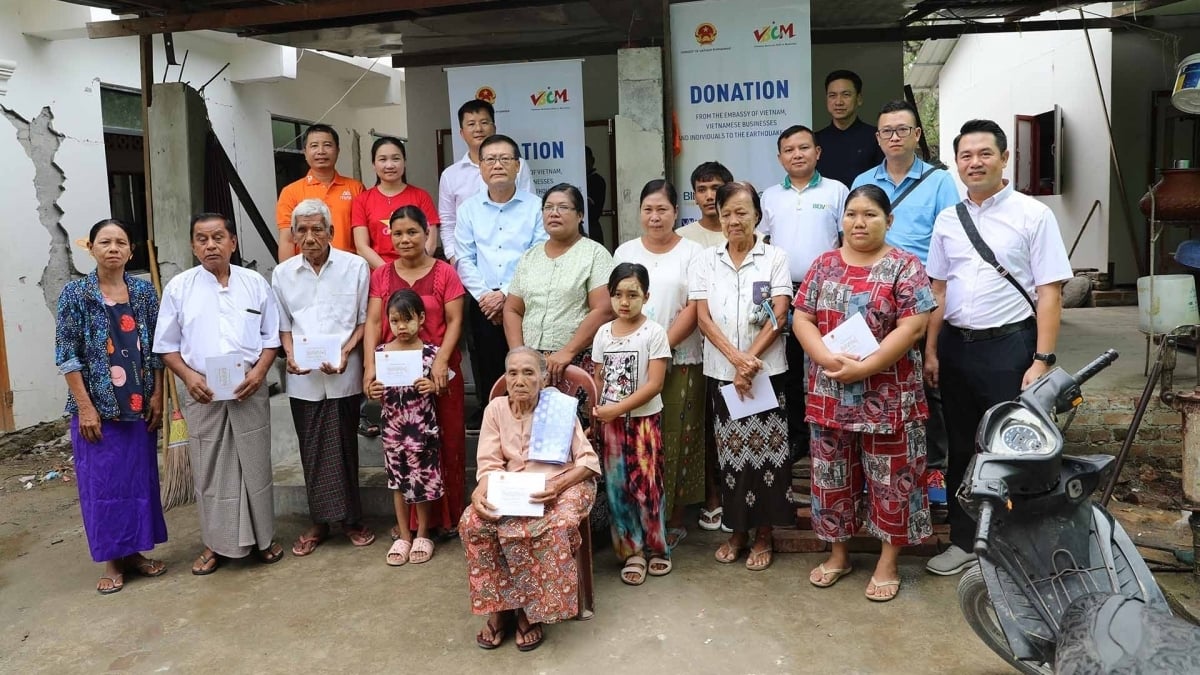
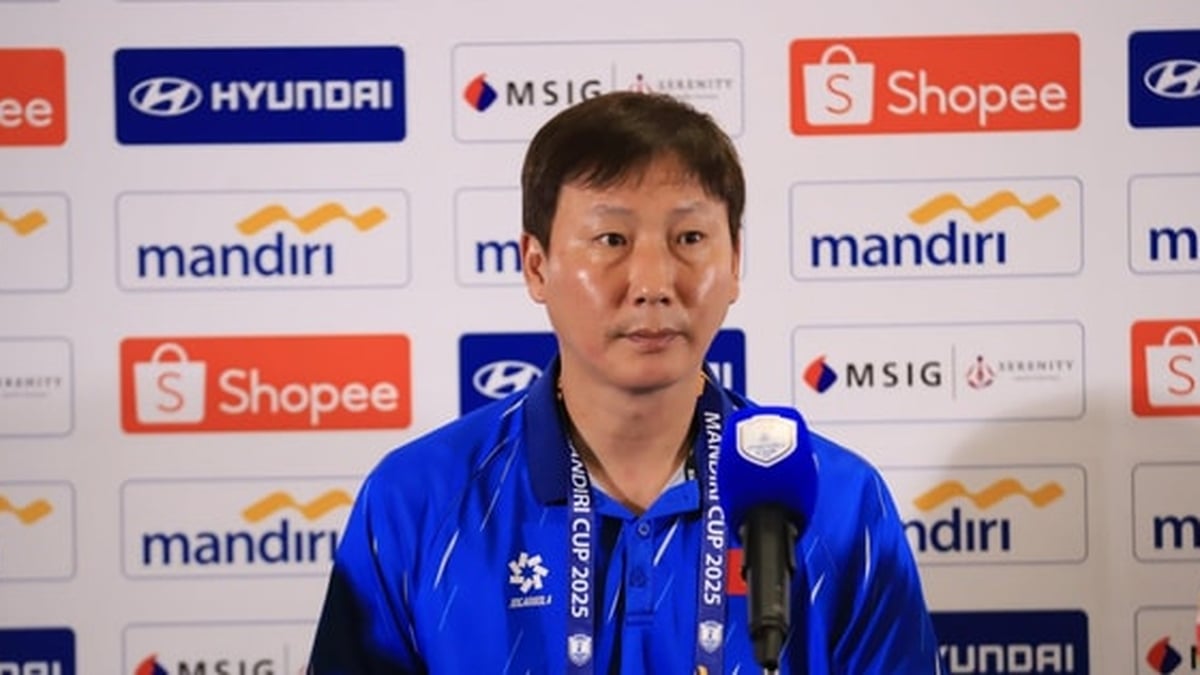

















![[Photo] National Assembly Chairman attends the seminar "Building and operating an international financial center and recommendations for Vietnam"](https://vphoto.vietnam.vn/thumb/1200x675/vietnam/resource/IMAGE/2025/7/28/76393436936e457db31ec84433289f72)







































































Comment (0)